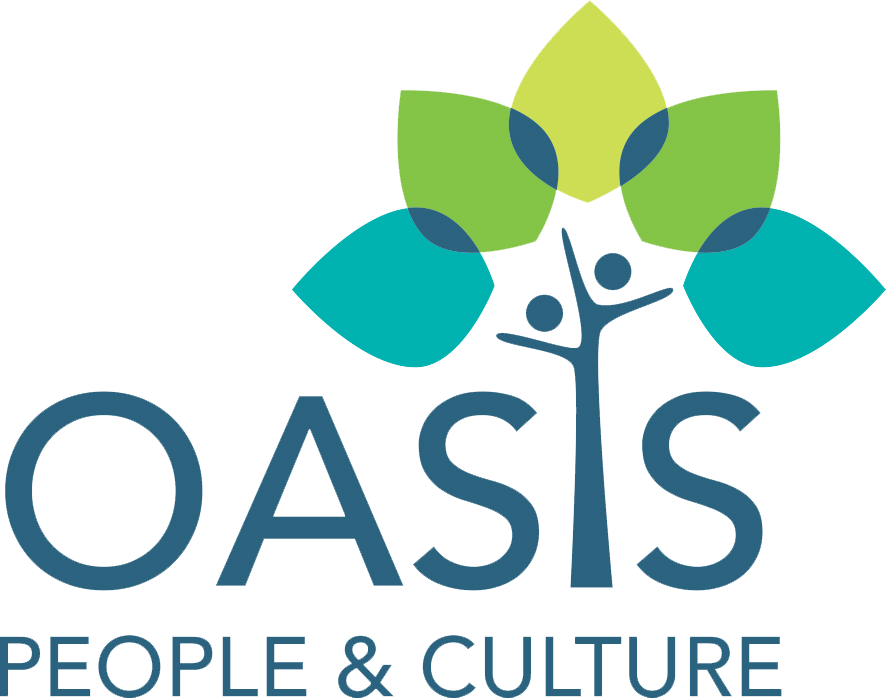The Often Missed Conversation To Reduce Workplace Frustration
Over the past few months, I’ve noticed a recurring theme among a number of my coaching clients. Many are grappling with the frustration of requests not being fulfilled by their direct reports. This issue manifests in various ways: sometimes, the deadline for a task comes and goes without the task even being started. Other times, managers find themselves increasing the frequency of their inquiries as the deadline looms, often leading to irritation on both sides.
From another perspective, employees quickly become irritated by what they perceive as micromanagement. Additionally, they can perceive a manager lacks awareness as they juggle competing priorities or changing conditions that might be causing delays.
Interestingly, this issue is as prevalent in businesses with formal project management systems like Monday.com or Asana as it is in organisations with more organic or internally designed processes.
So, how can managers and their direct reports reduce the frustration of missed deadlines and the irritation of perceived micromanagement?
So, how can managers and their direct reports reduce the frustration of missed deadlines and the irritation of perceived micromanagement?
The Missing Conversation
The key lies in a crucial but often overlooked element: The Conversation for Progress. This conversation is critical when enlisting the support of another person for a project or task. Many of my coaching clients navigating these frustrations have found themselves surprised that they didn’t think to establish an agreed-upon Conversation for Progress at the point of commitment to a particular task. Typically, they anticipated that the next check-in would be the due date, which is often too late.
The Conversation for Progress creates four essential spaces:
Space for the person assigned a task to manage it in their own way.
Space for the person who assigned the task to focus on other priorities, confident they will be kept up to date well before the deadline.
Space for both parties to identify which elements need to be monitored for progress.
Space to reconsider deadlines if conditions change, more resources are needed, or more information is required.
Establishing this conversation is as simple as asking:
"When should we check in to see where things are?"
"How long do you think we will need?"
"Should we meet in person or online?"
“What is important to monitor?”
For line managers, allowing the person assigned the task to set the date, time, and duration for a Conversation for Progress can eliminate the perception of micromanagement and safeguard against resentment. It also helps articulate expectations clearly.
Learning To Make and Manage Commitments
As businesses scale, even with the best intentions, conflict and dysfunction can quickly surface. We may find ourselves only a few important conversations or missed deadlines away from hampered performance and growth.
In high-stakes conversations, you need smart communicators. Oasis focuses on sustainable, permanent change that threads through your day-to-day operations and drives high-performing teams.
Our work doesn’t happen in isolation but lives in your workplace and interactions. - which is why your business may benefit from our workshop: “The Art of Making and Managing Commitments – Smart Conversations for High Performing Teams.”
This workshop can equip your team with the tools to implement effective Conversations for Commitment, Progress and Accomplishment - reducing frustration and enhancing performance.
For more information, reach out to an Oasis Team Member today or enquire at info@oasispc.com.au.


